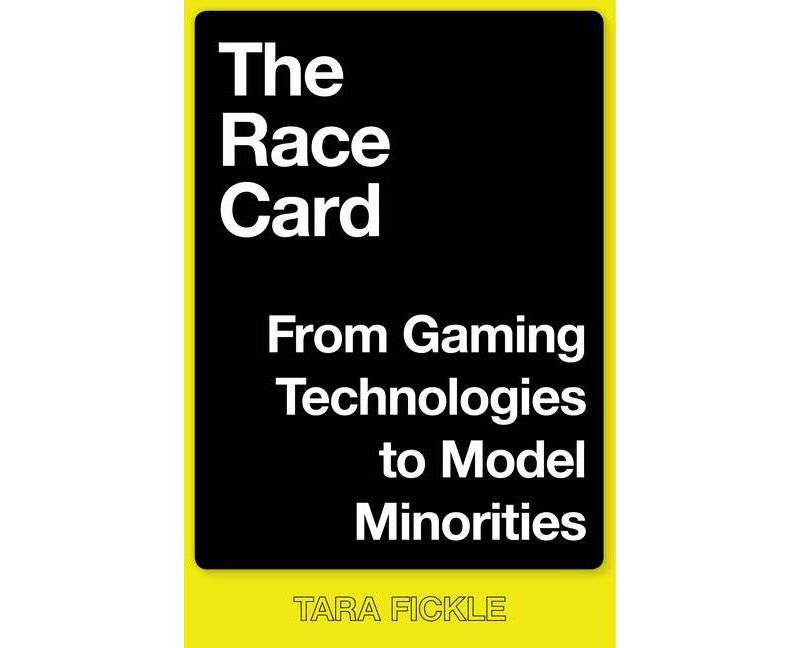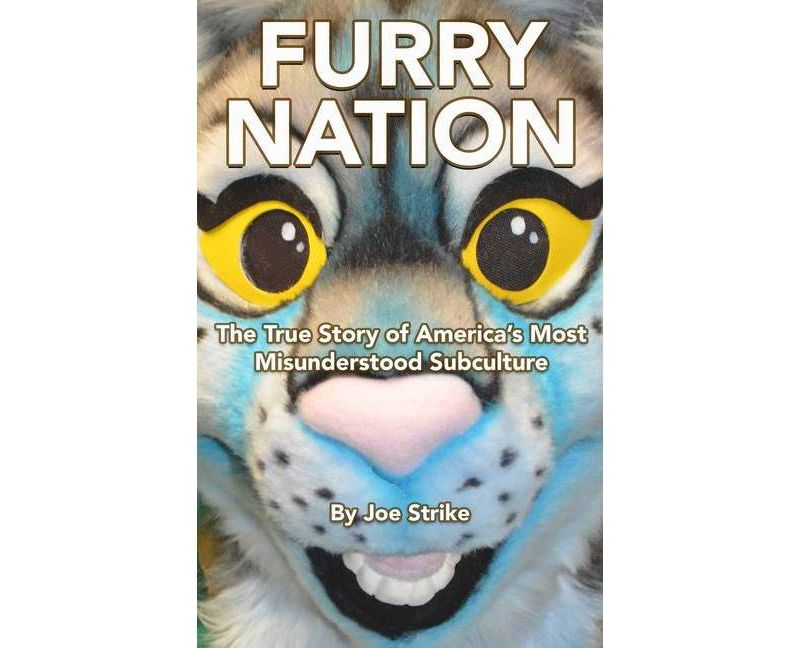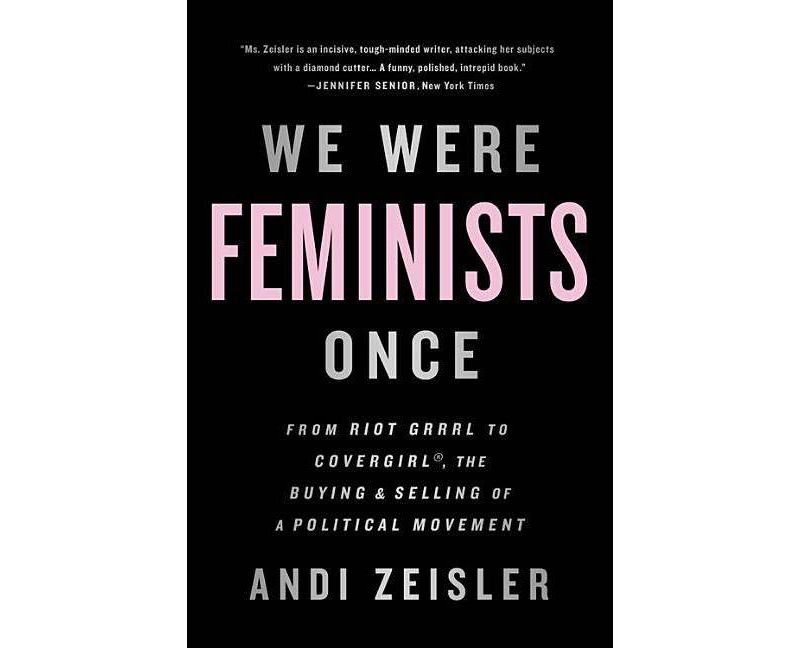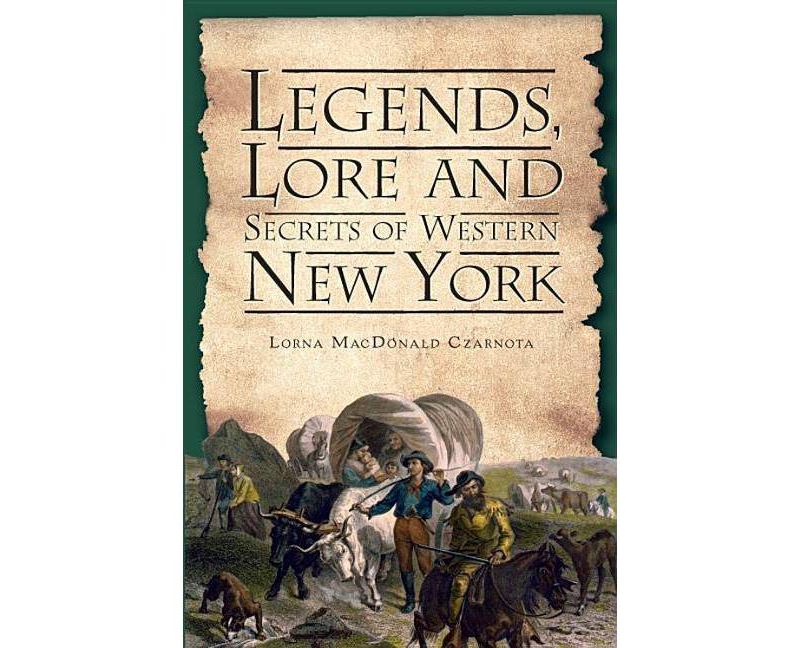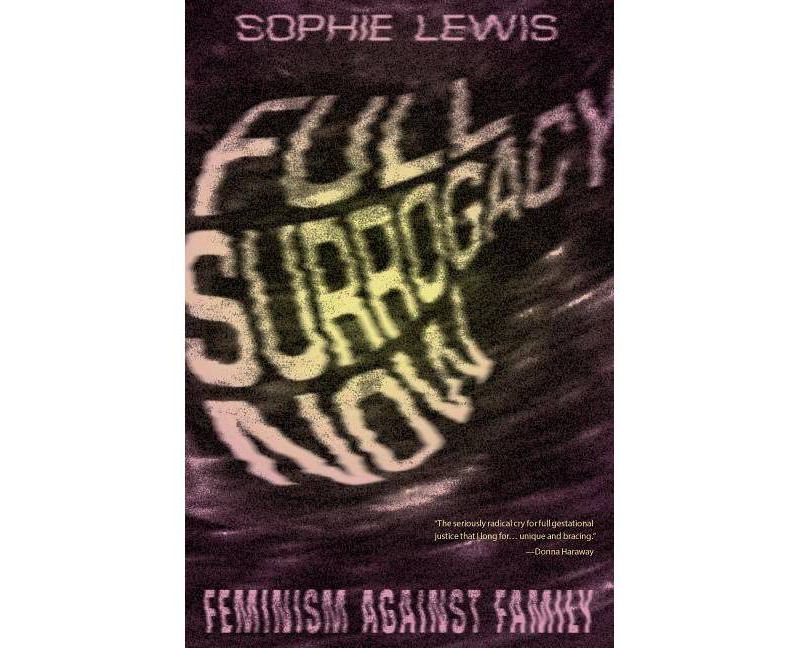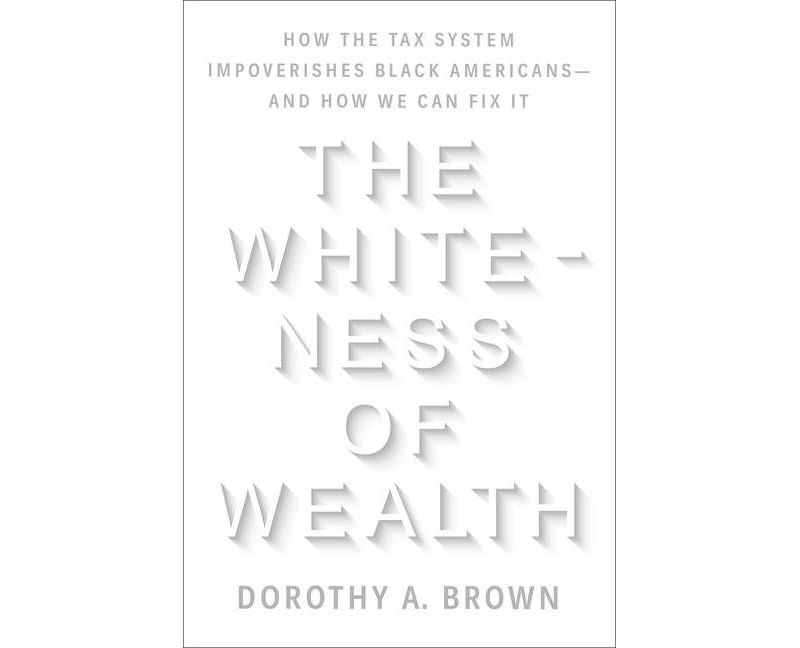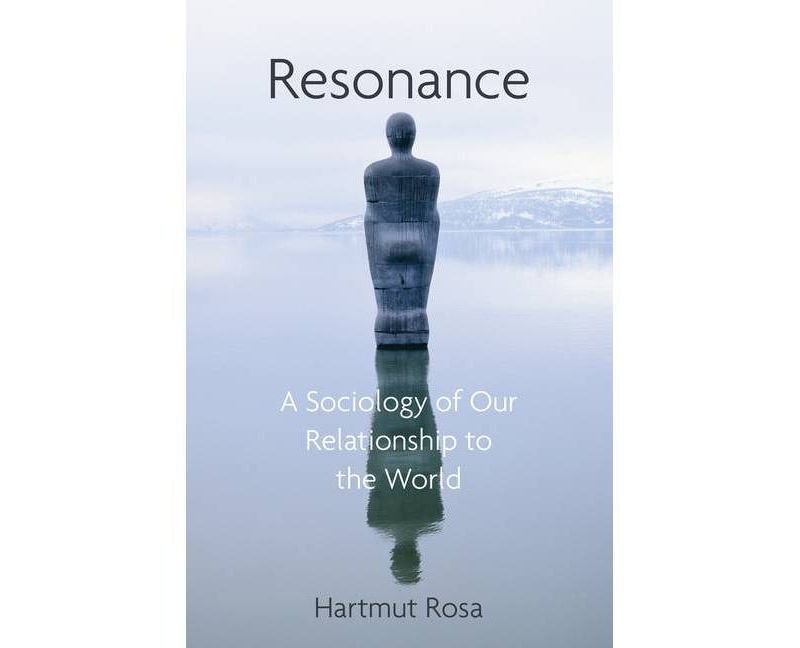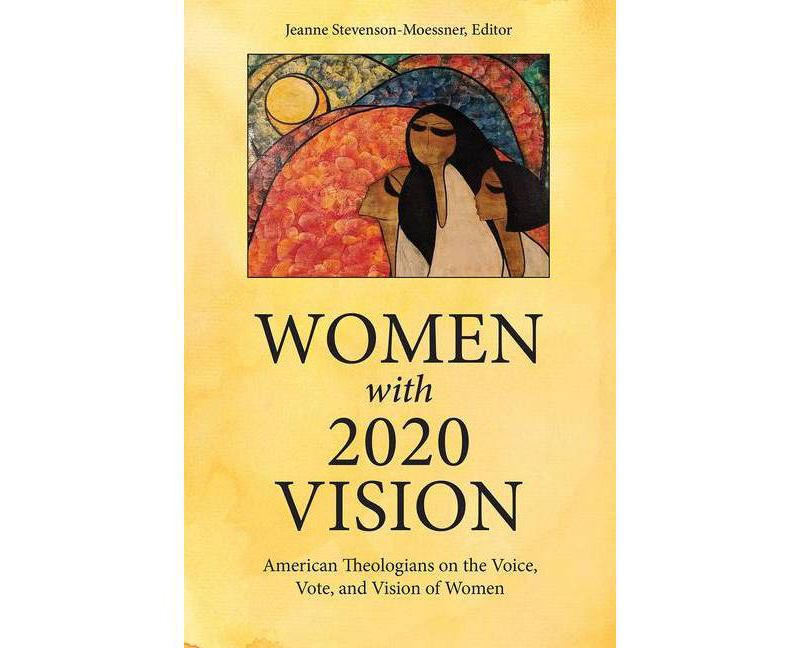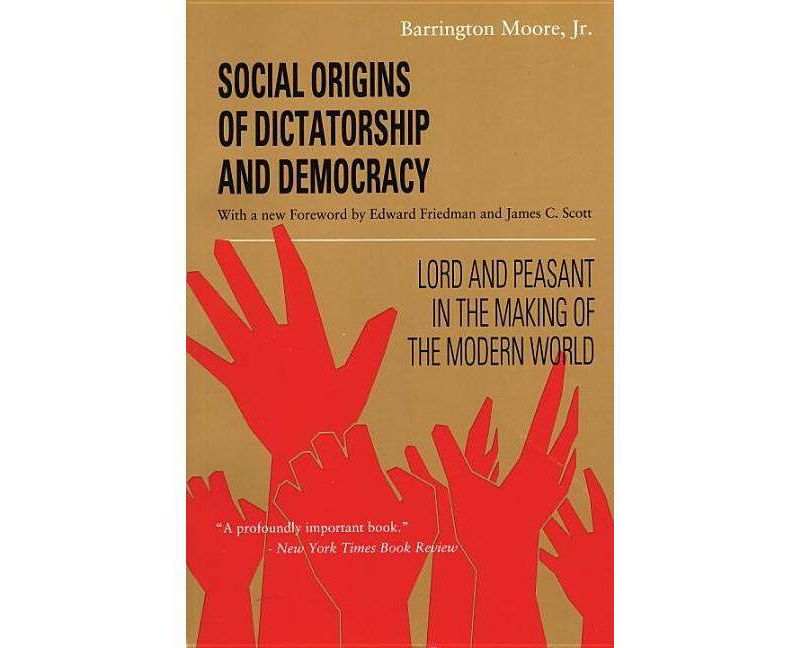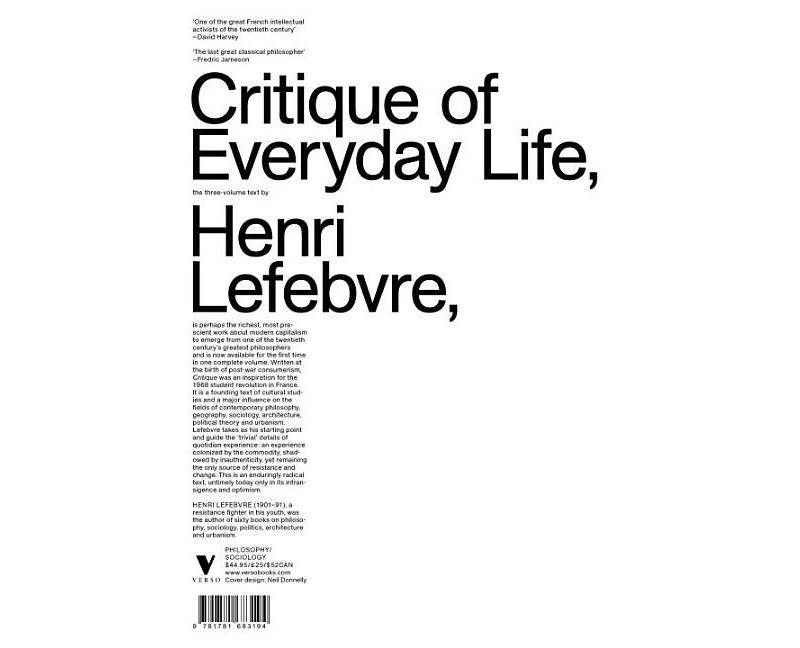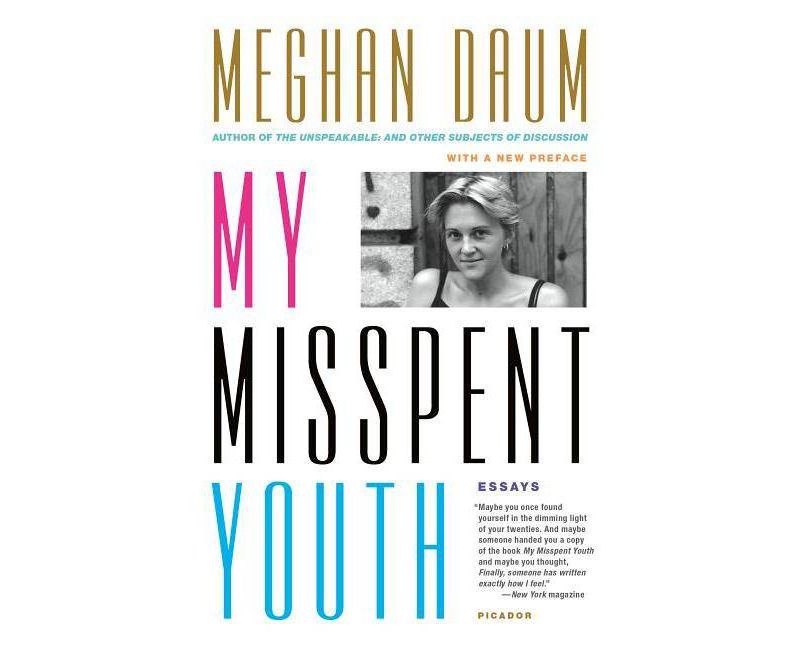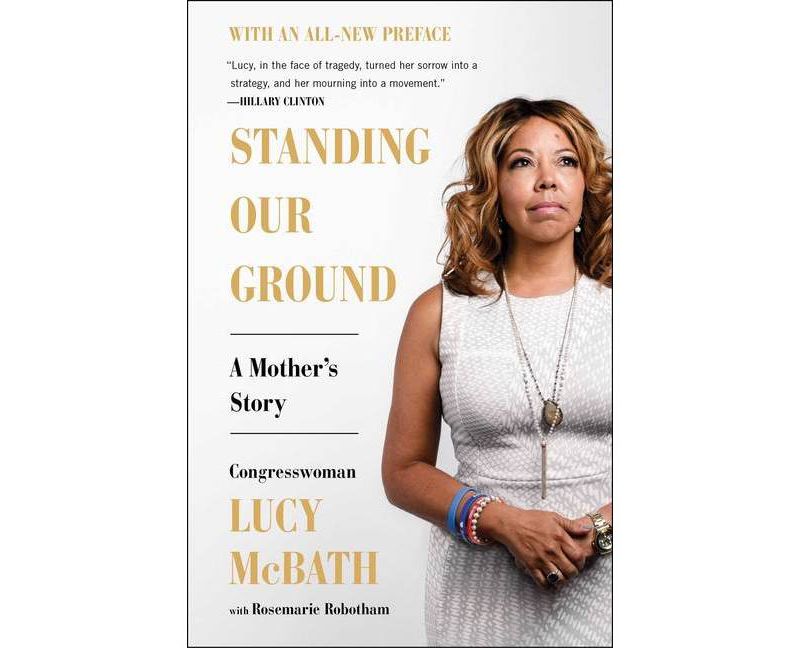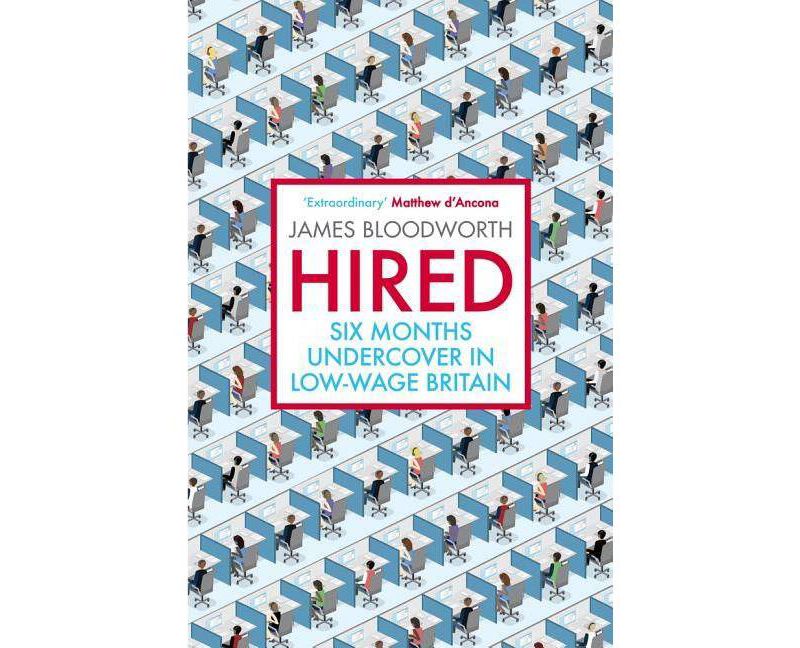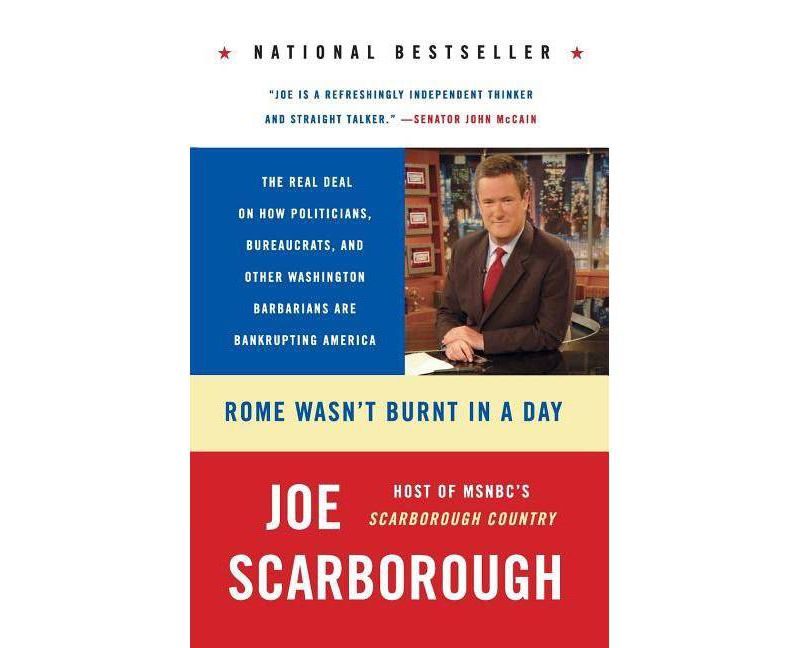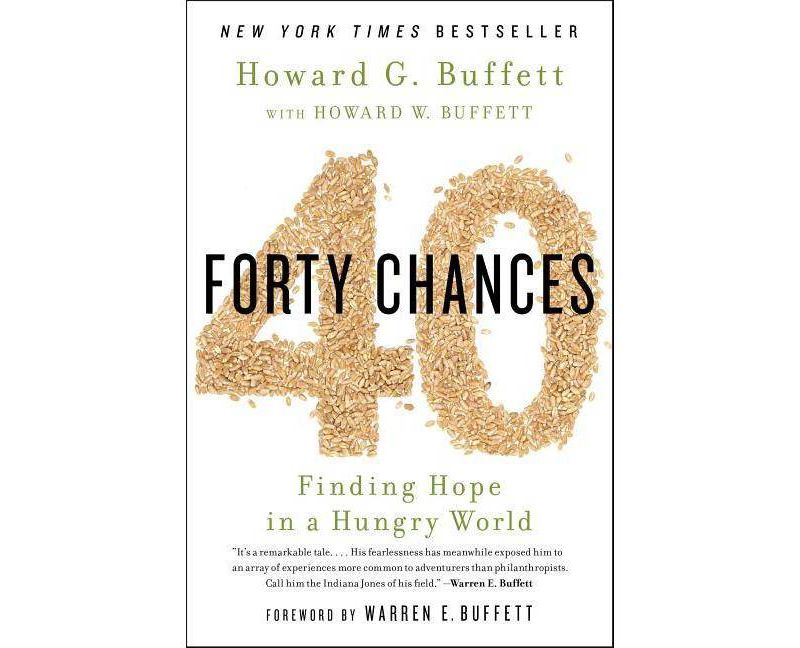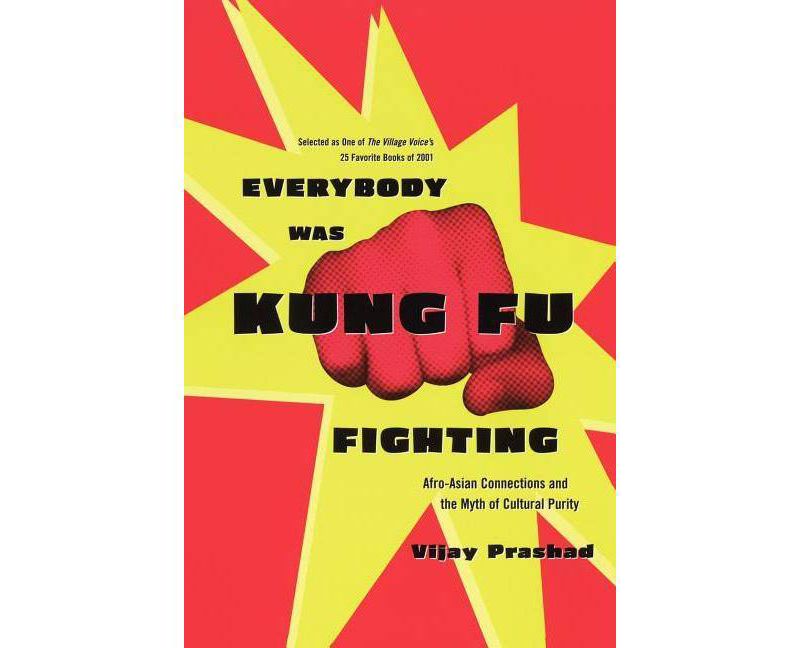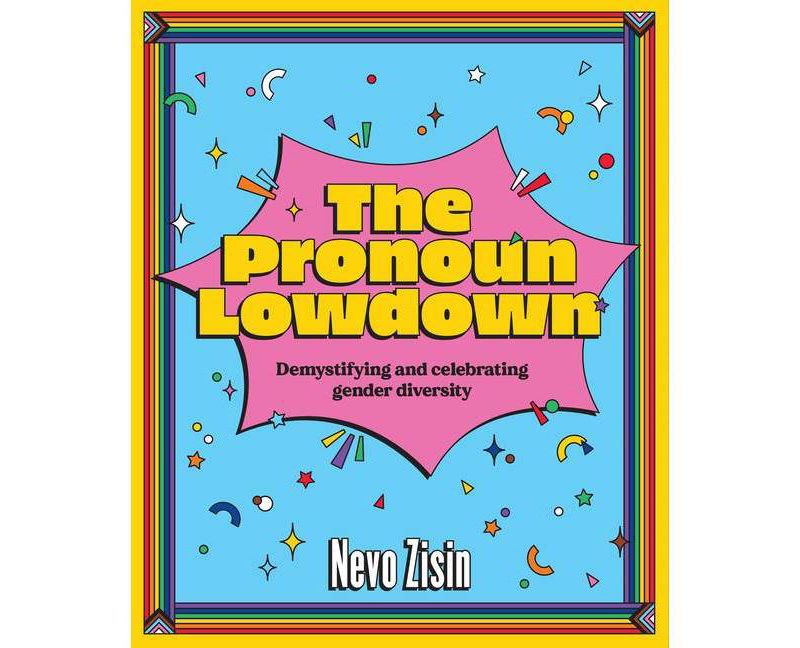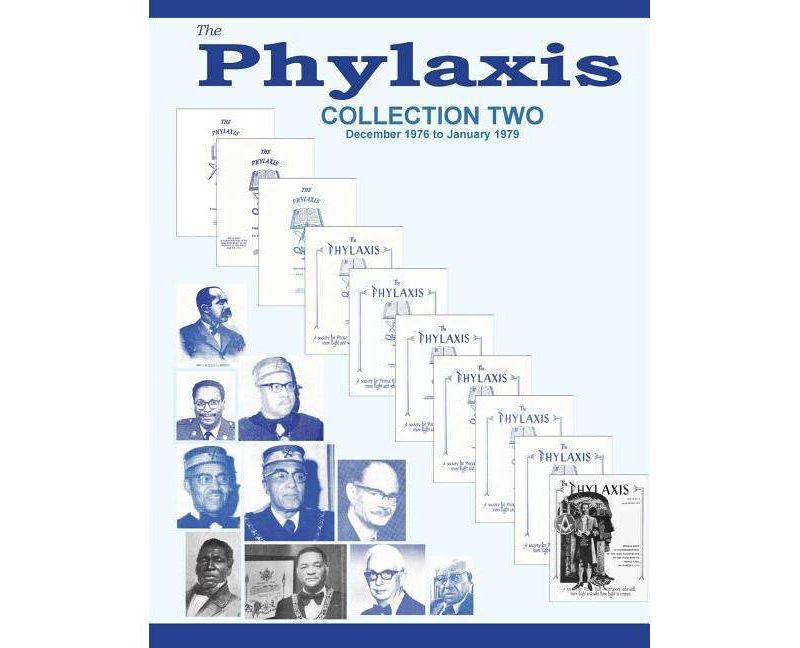Trusted shipping
Easy returns
Secure shopping
- Clothing, Shoes, Jewelry & Watches
- Home, Garden, Outdoor & Pets
- Electronics
- Audio, Video & Portable Devices
- Cables
- Adapters & Gender Changers
- Headsets, Speakers & Soundcards
- Power Protection
- 3D Printing
- Video Cards & Video Devices
- Tools & Components
- Sound Cards
- Alternative Energy
- Barebone / Mini Computers
- SSDs
- Accessories
- Mobile Accessories
- Storage Devices
- Personal Care
- Healthcare
- Home Theatre Systems
- Laptops, Computers & Office
- Speakers & Audio Systems
- Tech Services & Support
- Projectors, TVs & Home Theater
- Wi-Fi & Networking
- Cell Phones
- Electronics Deals
- Headphones
- Tablets & E-Readers
- Digital Cameras
- Home Phones
- Tech Accessories
- Electronics Sanitizing & Cleaning Supplies
- Smart Home
- Batteries, Power Banks & Chargers
- Wearable Technology
- GPS & Navigation
- Movies, Music, Books & Games
- Luggage
- Bible Covers
- Briefcases
- Camo
- Coolers
- Toiletry Bags
- Tote Bags
- Backpacks
- Carry-on Luggage
- Checked Luggage
- Lunch Bags
- Travel Accessories
- Luggage Deals
- Laptop Bags & Briefcases
- Kids' Luggage
- Duffels & Gym Bags
- Suitcases
- RFID Blocking Luggage & Travel Accessories
- Luggage Sets
- Mens' Luggage
- Handbags
- Accessories
- Outdoor
- Beauty Luggage
- Travel Totes
- Garment Bags
- Weekenders
- Messenger Bags
- Beauty & Health
- Category List
- Clothing, Shoes, Jewelry & Watches
- Home, Garden, Outdoor & Pets
- Electronics
- Audio, Video & Portable Devices
- Cables
- Adapters & Gender Changers
- Headsets, Speakers & Soundcards
- Power Protection
- 3D Printing
- Video Cards & Video Devices
- Tools & Components
- Sound Cards
- Alternative Energy
- Barebone / Mini Computers
- SSDs
- Accessories
- Mobile Accessories
- Storage Devices
- Personal Care
- Healthcare
- Home Theatre Systems
- Laptops, Computers & Office
- Speakers & Audio Systems
- Tech Services & Support
- Projectors, TVs & Home Theater
- Wi-Fi & Networking
- Cell Phones
- Electronics Deals
- Headphones
- Tablets & E-Readers
- Digital Cameras
- Home Phones
- Tech Accessories
- Electronics Sanitizing & Cleaning Supplies
- Smart Home
- Batteries, Power Banks & Chargers
- Wearable Technology
- GPS & Navigation
- Movies, Music, Books & Games
- Luggage
- Bible Covers
- Briefcases
- Camo
- Coolers
- Toiletry Bags
- Tote Bags
- Backpacks
- Carry-on Luggage
- Checked Luggage
- Lunch Bags
- Travel Accessories
- Luggage Deals
- Laptop Bags & Briefcases
- Kids' Luggage
- Duffels & Gym Bags
- Suitcases
- RFID Blocking Luggage & Travel Accessories
- Luggage Sets
- Mens' Luggage
- Handbags
- Accessories
- Outdoor
- Beauty Luggage
- Travel Totes
- Garment Bags
- Weekenders
- Messenger Bags
- Beauty & Health
- Baby & Toys
- Sports & Outdoors
- School & Office Supplies
- Breakroom & Janitorial Supplies
- Diaries
- Utility & Stationary
- Pens & Pencils
- Teacher Supplies & Classroom Decorations
- Paper
- Markers
- Binders
- School Supplies
- Packing & Mailing Supplies
- Tape, Adhesives & Fasteners
- Boards & Easels
- Crayons
- Desk Organization
- Pencils
- Filing & Organizers
- Journals
- Pens
- Labels & Label Makers
- Tools & Equipment
- Calendars
- Sticky Notes
- Notebooks
- Erasers & Correction Tape
- Pencil Cases
- Planners
- Retail Store Supplies
- Highlighters
- Locker Accessories
- Cute School Supplies
- School & Office Accessories
- Food & Grocery
- Shops All
- Unique-Bargains
- Cool cold
- Wesdar
- i-Star
- CoCoCo
- Targus
- Cooling Device Accessories
- Xtrike Me
- Tech/Gaming
- Gift Cards
- Women's Accessories
- Flash
- Men's Clothing
- Gift Ideas
- Brand Experiences
- Sale on Select School & Art Supplies
- Jewelry
- Featured Brands
- Nursing Items
- Storage
- Men's Shoes
- College
- School & Office Supplies
- Bullseye's Playground
- PRIDE
- Women's and Men's Shoes & Accessories
- Holiday Trees, Lights & More Sale
- Women's Dresses
- Gingerbread
- Caregiver Essentials
- Baby Bath
- select School Supplies
- Doorbusters
- Bedding & Bath
- Women's Sandals
- Sandals for the Family
- Men's Accessories
- Shops All
- One-day Easter sale
- select Health Items
- Friendsgiving
- Women's Tops, Shorts & Shoes
- Made By Design Organization
- Baby Mealtime
- For New & Expecting Parents
- Crayola Kids' Daily Deal
- Spritz Party Supplies
- Wellness Icon Glossary
- Our Generation Dolls & Accessories Kids' Daily Deal
- select Home items
- Mas Que
- Baby Apparel
- Children's Board Books Kids' Daily Deal
- Select Office Furniture
- Most-added Wedding Registry Items
Buy The Race Card - (Postmillennial Pop) by Tara Fickle (Paperback) in United States - Cartnear.com
The Race Card - (Postmillennial Pop) by Tara Fickle (Paperback)
CTNR964451 09781479805952 CTNR964451Kate & Laurel All Things Decor
Kate & Laurel All Things Decor
2027-03-01
/itm/the-race-card-postmillennial-pop-by-tara-fickle-paperback-964451
USD
32.34
$ 32 $ 33 2% Off
Item Added to Cart
customer
*Product availability is subject to suppliers inventory
SHIPPING ALL OVER UNITED STATES
100% MONEY BACK GUARANTEE
EASY 30 DAYSRETURNS & REFUNDS
24/7 CUSTOMER SUPPORT
TRUSTED AND SAFE WEBSITE
100% SECURE CHECKOUT
Number of Pages: 272
Genre: Social Science
Sub-Genre: Ethnic Studies
Series Title: Postmillennial Pop
Format: Paperback
Publisher: New York University Press
Age Range: Adult
Book theme: Asian American Studies
Author: Tara Fickle
Language: English
Games of chance, video games, and game theory converge in this examination of the relationship between gamification and racialization in exploring the Asian American experience. ... argues that games are used as a form of soft power geared toward advancing an exclusionary view of national identity.-- "CHOICE"
Revealing the mutual constitution of gaming and racialization, The Race Card's concept of 'ludo-Orientalism' offers a significant new way of understanding the historical discourse of Asian exclusionism, as well as more subtle forms of post-1960s anti-Asian racism. Focusing on representations of Asian Americans as pathological players, Fickle shows how racial discourse is linked to the speculative logic of American exceptionalism.--Colleen Lye, author of America's Asia: Racial Reform and American Literature, 1893-1945
Revealing the orientalist origins of game studies and locating the very tenants of game theory in Japanese internment, Tara Fickle engages racialization as game-play itself. In doing so, Fickle explodes our understanding of economic survival and success by revealing the centrality of gambling rhetoric--and a willingness for risk-taking--in the appraisal of Japanese Americans as the ultimate model minority. An original and timely intervention that at last accounts for the dominant representation of Asian Americans as both the hard-worker and the obsessed gamer.--Wendy Hui Kyong Chun, author of Updating to Remain the Same: Habitual New Media
Genre: Social Science
Sub-Genre: Ethnic Studies
Series Title: Postmillennial Pop
Format: Paperback
Publisher: New York University Press
Age Range: Adult
Book theme: Asian American Studies
Author: Tara Fickle
Language: English
About the Book
"The Race Card" explores gaming technologies and the concept of a "model minority."Book Synopsis
Winner, 2020 American Book Award, given by the Before Columbus Foundation
How games have been used to establish and combat Asian American racial stereotypes As Pokémon Go reshaped our neighborhood geographies and the human flows of our cities, mapping the virtual onto lived realities, so too has gaming and game theory played a role in our contemporary understanding of race and racial formation in the United States. From the Chinese Exclusion Act and Japanese American internment to the model minority myth and the globalization of Asian labor, Tara Fickle shows how games and game theory shaped fictions of race upon which the nation relies. Drawing from a wide range of literary and critical texts, analog and digital games, journalistic accounts, marketing campaigns, and archival material, Fickle illuminates the ways Asian Americans have had to fit the roles, play the game, and follow the rules to be seen as valuable in the US. Exploring key moments in the formation of modern US race relations, The Race Card charts a new course in gaming scholarship by reorienting our focus away from games as vehicles for empowerment that allow people to inhabit new identities, and toward the ways that games are used as instruments of soft power to advance top-down political agendas. Bridging the intellectual divide between the embedded mechanics of video games and more theoretical approaches to gaming rhetoric, Tara Fickle reveals how this intersection allows us to overlook the predominance of game tropes in national culture. The Race Card reveals this relationship as one of deep ideological and historical intimacy: how the games we play have seeped into every aspect of our lives in both monotonous and malevolent ways.Review Quotes
Games of chance, video games, and game theory converge in this examination of the relationship between gamification and racialization in exploring the Asian American experience. ... argues that games are used as a form of soft power geared toward advancing an exclusionary view of national identity.-- "CHOICE"
Revealing the mutual constitution of gaming and racialization, The Race Card's concept of 'ludo-Orientalism' offers a significant new way of understanding the historical discourse of Asian exclusionism, as well as more subtle forms of post-1960s anti-Asian racism. Focusing on representations of Asian Americans as pathological players, Fickle shows how racial discourse is linked to the speculative logic of American exceptionalism.--Colleen Lye, author of America's Asia: Racial Reform and American Literature, 1893-1945
Revealing the orientalist origins of game studies and locating the very tenants of game theory in Japanese internment, Tara Fickle engages racialization as game-play itself. In doing so, Fickle explodes our understanding of economic survival and success by revealing the centrality of gambling rhetoric--and a willingness for risk-taking--in the appraisal of Japanese Americans as the ultimate model minority. An original and timely intervention that at last accounts for the dominant representation of Asian Americans as both the hard-worker and the obsessed gamer.--Wendy Hui Kyong Chun, author of Updating to Remain the Same: Habitual New Media

